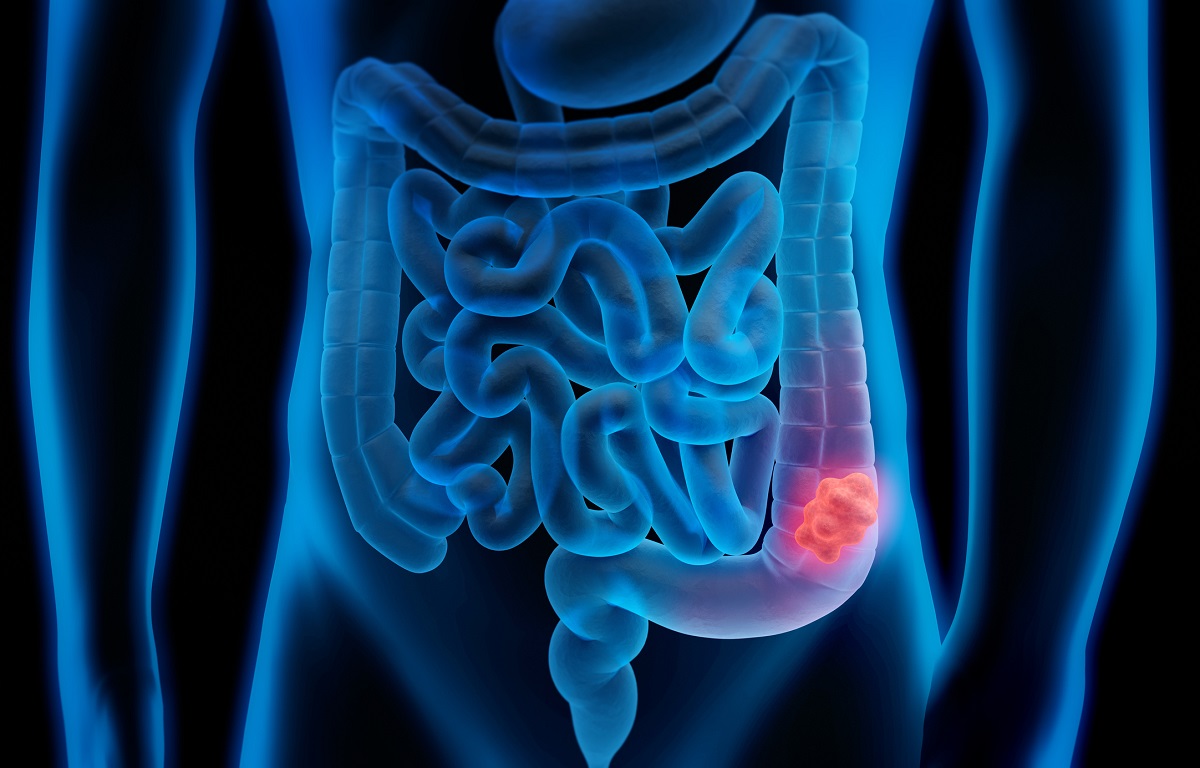The Medical Minute: Colonoscopy comes calling earlier under new screening guidelines

Unpopular among patients for its night-before bowel prep and fasting, the colonoscopy is one more reason people lament turning 50. But evolving evidence shows the screening test should actually start at age 45 for people at average risk for colorectal cancer.
“We have good news in that the incidence of colorectal cancer for people age 50 and above has decreased by 38%, but the incidence in people ages 20 to 49 has increased 55% in the past couple of decades,” said Dr. Hadie Razjouyan, a gastroenterologist at Penn State Health Lime Spring Outpatient Center. “The cancer is being detected at more advanced stages in this age group, and this is probably because they are not being screened.”
The American Cancer Society recommended screening for those at average risk begin at age 45 two years ago. Other professional organizations, including the U.S. Preventative Services Task Force, are currently drafting new guidelines that agree.
Risk factors for the disease – the third leading cause of cancer-related death in the U.S. – hint at why the incidence is increasing among younger people.
Obesity, which is on the rise in the U.S., smoking, lack of physical activity and a sedentary lifestyle – made worse recently by COVID-19 quarantining – are risk factors. Consuming red meat and foods with high fructose corn syrup also may contribute to risk, doctors say.
One recent study identified several Central Pennsylvania counties as hotspots for early onset colorectal cancer deaths in young women, as compared with the rest of the country, Razjouyan said. Physical inactivity, community health behavior and socioeconomic status were among the risk factors identified.
“Access to surveillance is key,” said Dr. Kofi Clarke, a gastroenterologist at Penn State Health Milton S. Hershey Medical Center. “We have good data that shows screening for colorectal cancer leads to early detection and decreases the death rate.”
From their viewpoint, colonoscopy is the preferred screening test because it is diagnostic and allows for removal of polyps at the same time. However patients at average risk for colon cancer should be offered all the appropriate options for screening. Certain types of polyps – small growths in the lining of the colon – may develop into cancer.
Whether insurance will pay for screening colonoscopies before age 45 varies by carrier, but as evidence of earlier onset mounts, insurance companies are more likely to cover it, doctors say.
Other screening options are a FIT (fecal immunochemical test) or FOBT (fecal occult blood test) every year, stool DNA test every three years, a CT colonography or flexible sigmoidoscopy every five years. By contrast, a normal colonoscopy with good bowel prep gives the patient at average risk a 10-year window before the test is needed again.
“We always say, however, that some type of screening is better than no screening at all,” Clarke said. “That’s why it’s important to give patients all the options.” Some of the other screening procedures, such CT colonography and sigmoidoscopy, also require some bowel prep, he said.
Colonoscopy preparation has actually improved in the past decade, eased by low-volume solutions, flavored options and splitting the dose into a longer time period, Razjouyan said.
Still, there’s no getting around the fact that it can be a challenging experience – but one that could save your life.
“We have been able to reduce cancer deaths by 30% in the past three decades with screening, which is why it is so important,” Razjouyan said.
Patients at greater risk due to a strong family history of colorectal cancer or pre-cancerous polyps should generally start screening at age 40 or 10 years earlier than their relative was diagnosed, he said. It’s important to discuss your personal situation with your doctor.
While COVID-19 caused a delay in screening colonoscopies, Clarke said preferably they should not be delayed beyond six months. People with symptoms, such as change in bowel habits, blood in the stool, constipation or narrowed stools, should not postpone making an appointment.
Patients need not fear coming in for the procedure, doctors said. Every patient must have a negative COVID-19 test before arrival, answer screening questions and social distance in the waiting room. Experts take more steps to clean the procedure rooms since the pandemic.
The Medical Minute is a weekly health news feature produced by Penn State Health. Articles feature the expertise of faculty, physicians and staff, and are designed to offer timely, relevant health information of interest to a broad audience.
If you're having trouble accessing this content, or would like it in another format, please email Penn State Health Marketing & Communications.
